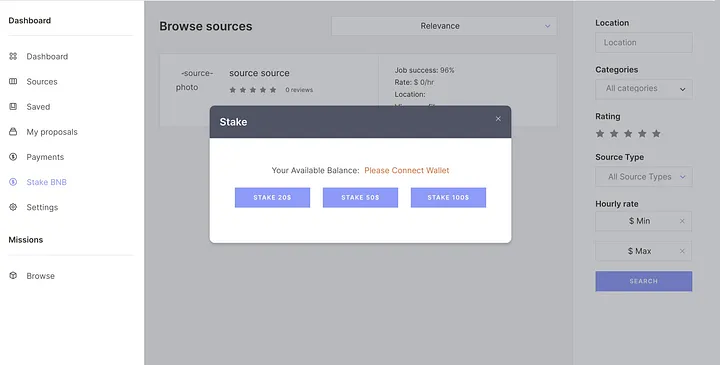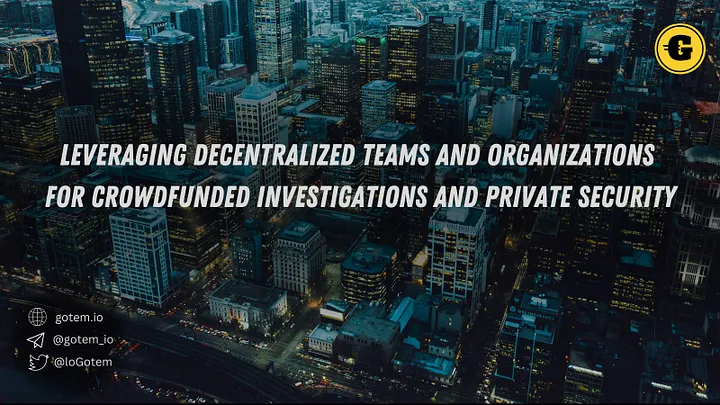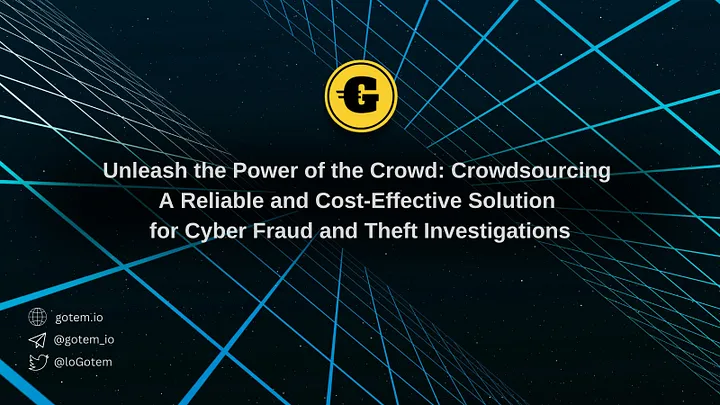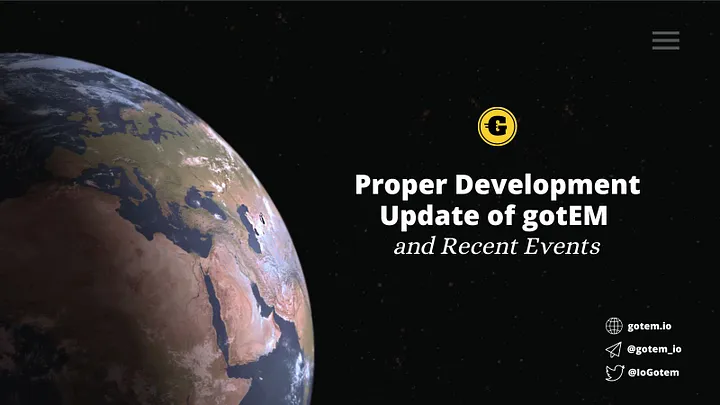In the age of globalization and the digital economy, decentralized teams and organizations have become a popular alternative to traditional centralized structures. These teams and organizations are based on distributed networks, where members are connected through a shared purpose, rather than a hierarchical chain of command. Such teams and organizations have proven to be effective in various industries, including finance, software development, and even social activism. However, their potential impact is especially relevant in the field of private investigations and security, where trust, transparency, and agility are crucial components.
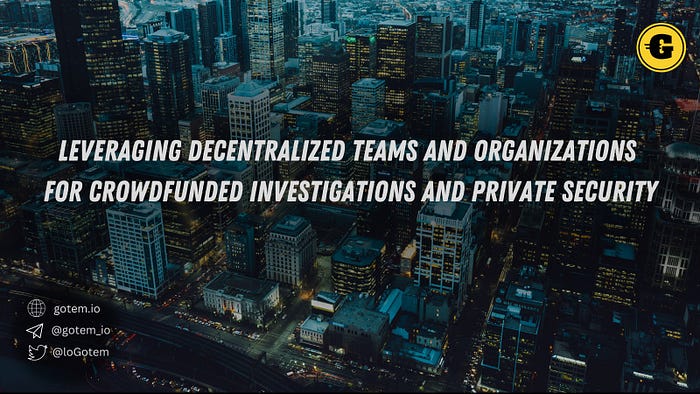
One of the key advantages of decentralized teams and organizations is their ability to leverage collective intelligence and diversity of skills and experiences. In the case of crowdfunded investigations and private security, this means that individuals from different backgrounds and expertise can collaborate to solve complex cases and provide innovative solutions. gotEM is a perfect example of how decentralized teams and organizations can be utilized to provide more accessible and affordable investigative services, while also fostering a sense of community and trust among its members.
Another benefit of decentralized teams and organizations is their flexibility and scalability. As our platform grows, it will require more resources and talents to handle the increasing demand for services. With a decentralized structure, we can easily onboard new members and contractors from anywhere in the world, without the constraints of physical location or traditional hiring processes. This also means that we can tap into the global talent pool and find experts in various domains and languages, which can be especially useful in cases that require specific cultural or linguistic knowledge.
Finally, decentralized teams and organizations offer a high degree of transparency and accountability. The platform we are building relies on token governance, which enables group voting to determine how and where the reserve fund would be used. This ensures that all stakeholders have a say in the decision-making process and that there is no single point of failure or corruption. Furthermore, the use of NFTs for reputation, rating levels, evidence, and KYC credentials provides a secure and immutable record of all transactions and interactions within the platform.
In conclusion, decentralized teams and organizations have the potential to revolutionize the way we approach private investigations and security. By leveraging collective intelligence, diversity, flexibility, and transparency, our platform can provide a more accessible, affordable, and trustworthy alternative to traditional investigative services. As the world becomes more complex and interconnected, decentralized teams and organizations offer a way to tackle global challenges with a sense of community and purpose.
